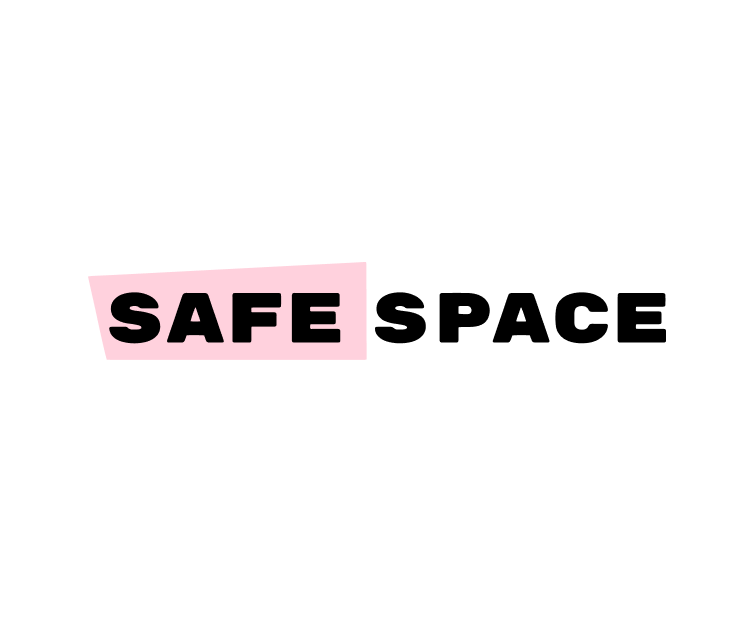
Did you know that 78% of employees trust their employer?
If your reaction to that stat was no effing way… same. I find it hard to believe that the average employee trusts their employer. ♀️
Every time I post something on Twitter there’s always someone who jumps in with the “HR IS NOT YOUR FRIEND.”
I always want to ask who hurt you, but the reality is… the answer is HR. Employees do not trust their companies or their HR teams and I can’t blame them!
Working in HR is sometimes an impossible struggle between what the company needs and what your employees want. And unfortunately along the way decisions are made that cause employees to lose trust in their leadership and HR teams.
Spoiler alert: trust is the foundation needed for every successful relationship.
What’s the #1 way to build trust? Doing what you say you will do.
The say/do gap:

Do you do what you say you’ll do? Say that 5 times fast.
The say/do gap is the difference between what we say and what we do. Over time if you constantly say one thing and do another trust begins to erode.
And trust is so powerful for the employee <> employer relationship:
- Employees are less stressed in high trust environments.
- Less stressed employees means better overall wellbeing.
- Better overall wellbeing contributes to higher engagement and productivity.
The wider the say/do gap is, the more distrust employees have!
Here’s an example:
A company states they care about having a superior employee experience. Admirable!
The majority of employees have expressed they prefer hybrid or remote work. Pretty standard in 2023.
The company demands a return to the office with a mandated 4-days in the office. Cough Disney cough.
What does that tell employees? Well, the company doesn’t actually care about employee experience.
JOIN 130K+ HR LEADERS
Get insights, learnings, and advice on how to build companies and cultures that people actually love.
No spam. Unsubscribe any time.
Another example: Diversity, equity, and inclusion initiatives. When a company claims it cares about diversity but then does nothing to prove it does, well then it’s just performative. And guess what? Employees see right through that.
The gap between what HR says and what HR does will erode the trust of the employees. Even if, ultimately, the decision is not one that HR wanted to make! More on that in the future…
3 tips for closing the say/do gap:

The say/do gap may always exist but the more you can do to close the gap the more trust you will build with employees. Win-win.
Tip #1: Solicit feedback. This can be done a few different ways through onboarding surveys, engagement surveys, or by even asking employees!
The goal of the feedback is to identify any gaps that you may not be aware of.
The hard truth is you are probably aware of where the gaps exist. The feedback you get from employees may be the leverage you need to make changes!
Tip #2: Audit all your policies and procedures and ensure they are consistent with messaging and company values. I see this happen frequently where companies will say they care about something and then policies are created that state otherwise.
Parental leave is a great example. Companies will state they care about expecting parents but then do not have their leave policies outlined OR provide any support to parents. More on this at HR Therapy on February 1st at 1PM EST! Mark your calendar because Allison Whalen will be joining me to chat about what we get wrong about parental leave.
Pro-tip: Audit your employee handbook on a yearly basis. All your policies and programs should be reflective of what you are telling employees.
Tip #3: Commit. Easier said than done is to commit to closing the gap and not promising anything you can’t deliver on!
A HR/People Ops Roadmap can be a POWERFUL tool for this. In the roadmap all HR/People initiatives should be outlined with goals, milestones and dates work will be completed. Publicly share that roadmap with your company and highlight the team’s commitment. Your employees will thank you.
The majority of issues I’ve seen in workplaces stem from a lack of trust. The next time you encounter a problem I encourage you to consider: is there trust? If the answer is no, there’s your starting point.


